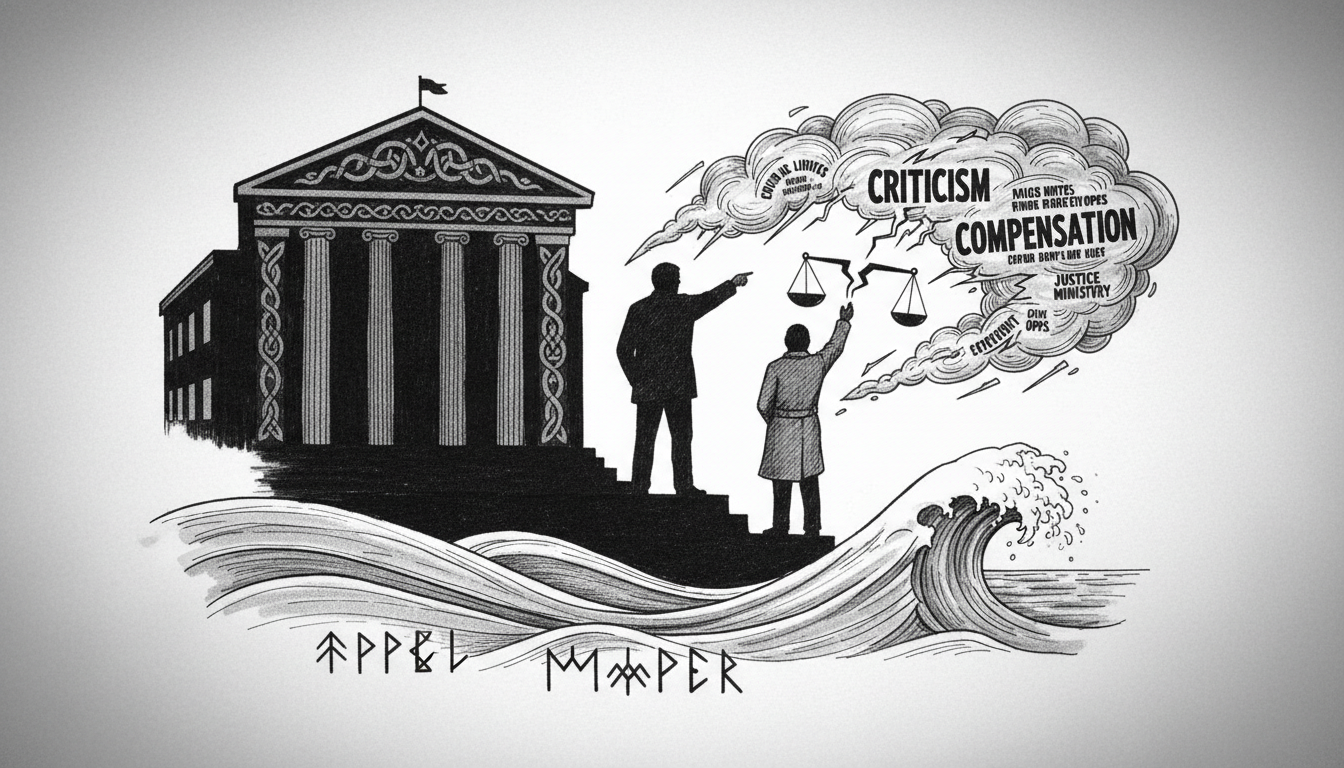A Danish court has ordered compensation for former intelligence chief Lars Findsen after ruling that police authorities violated the law. The court delivered strong criticism against the Justice Ministry, the intelligence service, and prosecutors in a case that continues through the appeals process.
The Lyngby Court determined that Police Intelligence Service head Finn Borch Andersen broke the law in January 2022. He provided false information to multiple parliamentary party leaders about Findsen's personal affairs. The court described the briefing as "untrue and therefore illegal and offensive."
Findsen will receive 20,000 kroner in compensation for the violation. Prosecutors have already decided to appeal the ruling to the high court. This sets up another legal battle in a case that has drawn attention to intelligence oversight.
This ruling represents a significant moment for Denmark's intelligence community. The public criticism of multiple government agencies by a court is unusual. It shows the judiciary's willingness to check executive power when fundamental rights are violated.
What does this mean for intelligence oversight in Denmark? The case highlights tensions between security operations and individual rights. Intelligence services operate with considerable secrecy, but this ruling confirms they remain subject to legal boundaries.
The compensation amount of 20,000 kroner might seem modest for such a serious violation. However, the symbolic value of the court's condemnation carries greater weight. The ruling establishes that even intelligence chiefs cannot spread false information about citizens without consequences.
This case fits into broader European debates about intelligence accountability. Several countries have grappled with balancing security needs against civil liberties. Denmark's court system appears to be taking a firm stance on protecting individuals from government overreach.
The appeal process will likely extend this legal battle for many more months. Both sides seem prepared for a prolonged fight. The high court's eventual decision could set important precedents for how Danish intelligence services operate.
International observers should watch this case closely. It demonstrates how Nordic countries handle conflicts between state security and individual rights. The outcome could influence similar debates in other democracies facing security challenges.

